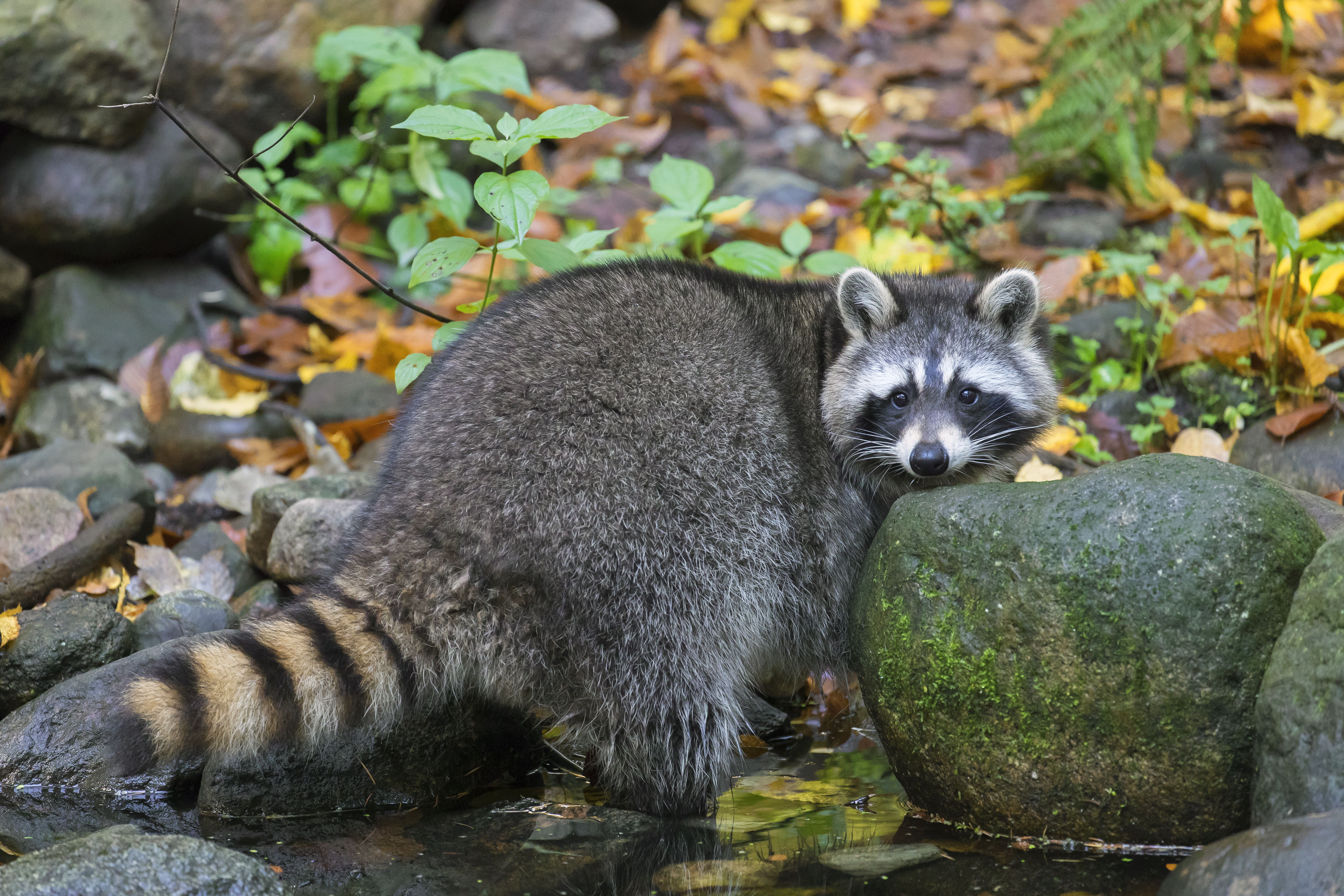Government agency calls for caution as parasite spotted in raccoons

Following previous reports in neighbouring countries, the parasite Baylisascaris procyonis - a roundworm that lives in raccoons - has also turned up in Wallonia.
The Walloon Public Service (SPW), which implements the policy decided by the Walloon government, announced that the parasite was spotted in six raccoons in the region. The roundworm can infect other mammals, including humans, so SPW is calling for precautions.
The first raccoons emerged in the Belgian area in the 1980s and they have been on the rise since the 2010s. Last year, the Walloon government estimated the number of raccoons in the region at around 70,000, a figure that may already be out of date. The animals have also found their way to Flanders, mainly to the provinces of Limburg, Antwerp and Flemish Brabant.
The animals threaten biodiversity and can spread diseases. In its search for food in inhabited areas, the animal can injure domestic animals and infect them with various diseases.
Among those diseases is the parasite Baylisascaris procyonis, whose eggs of this parasite nest in the fur of the raccoon or can be found in the animal's faeces. The infection can be transmitted to humans when a piece of earth or something else contaminated with raccoon faeces is accidentally eaten. Younger children are therefore at higher risk.
Human infections are rare, but they do carry risks. The larvae enter blood vessels through the wall of the digestive system and thus travel throughout the body. They then affect mainly the muscles, but can also cause irreversible damage to the nervous system and brain.
To prevent infection and disease, SPW recommends staying away from raccoons and not feeding them. At home, it is recommended to keep an eye on children to ensure they do not put anything strange in their mouths and to close sandpits when not in use. During a hike, it is best to pick only wild berries that hang at least 50cm above the ground. Finally, it is also advisable to wash fruit and vegetables well and cook food that comes from areas where raccoons or foxes might live.
Dogs - which are also at risk of infection - should keep their distance from raccoons. So it is best to keep them on a leash in wooded areas and deworm them regularly.
A raccoon in Germany © PHOTO ARTERRA